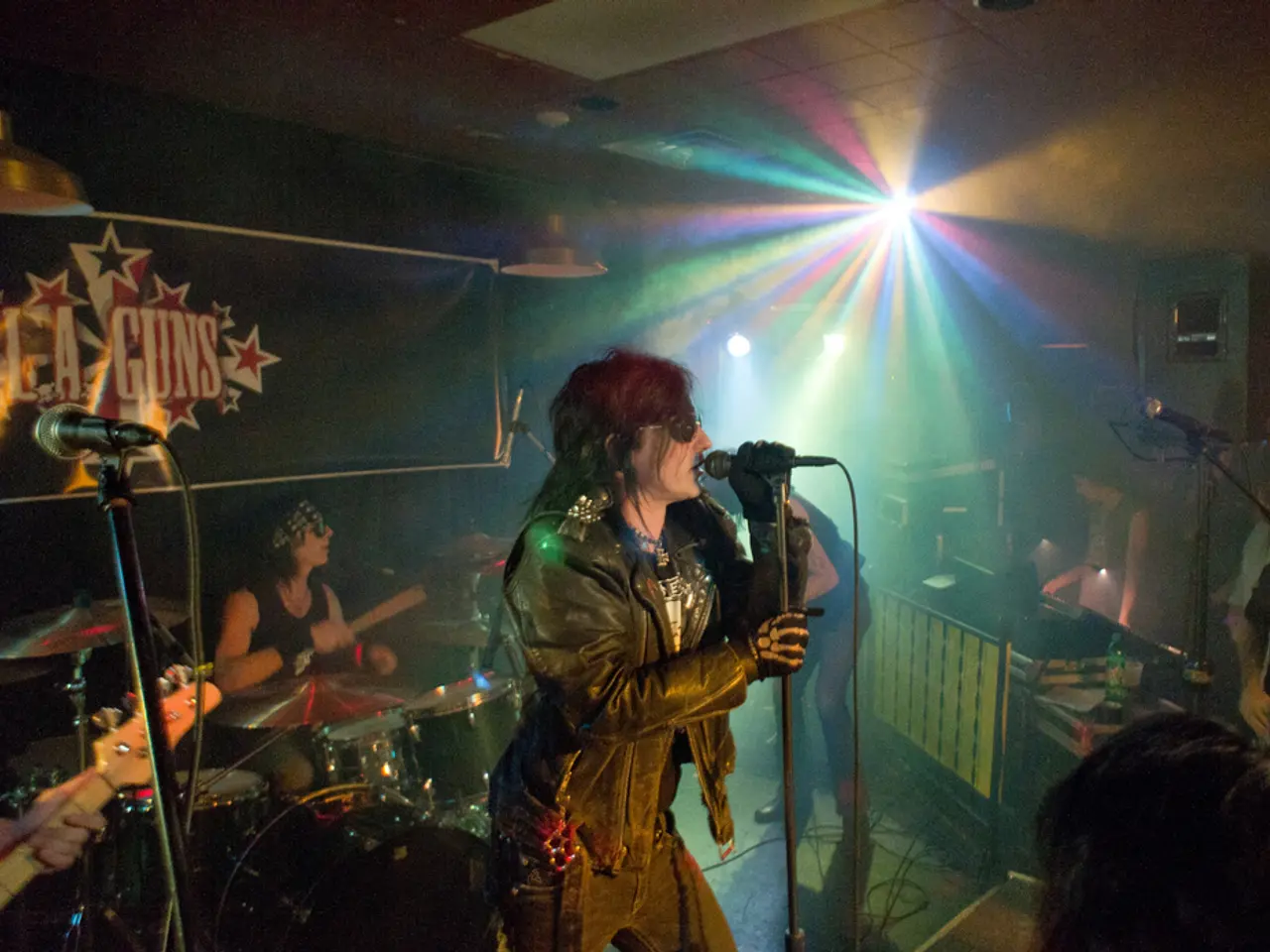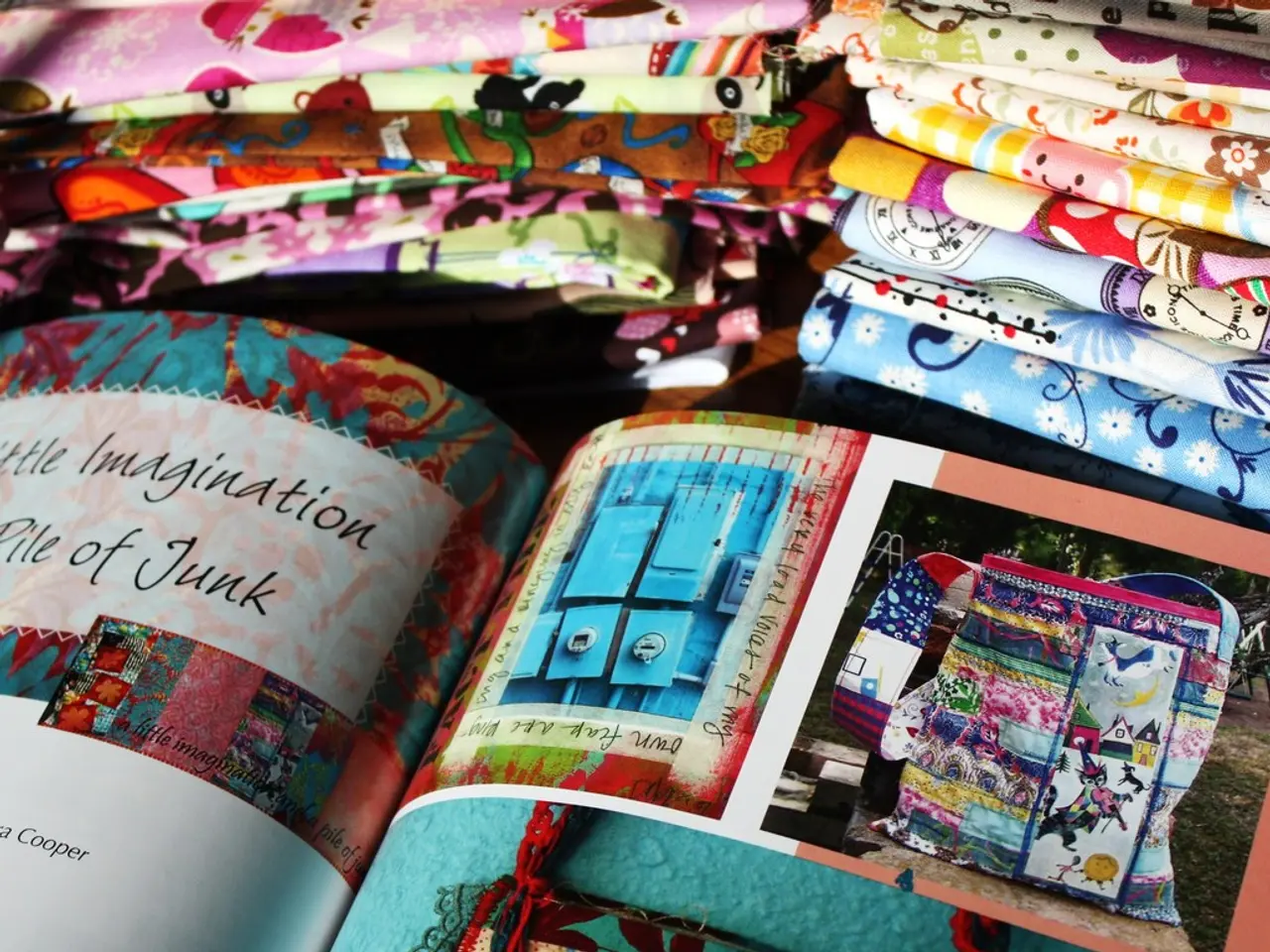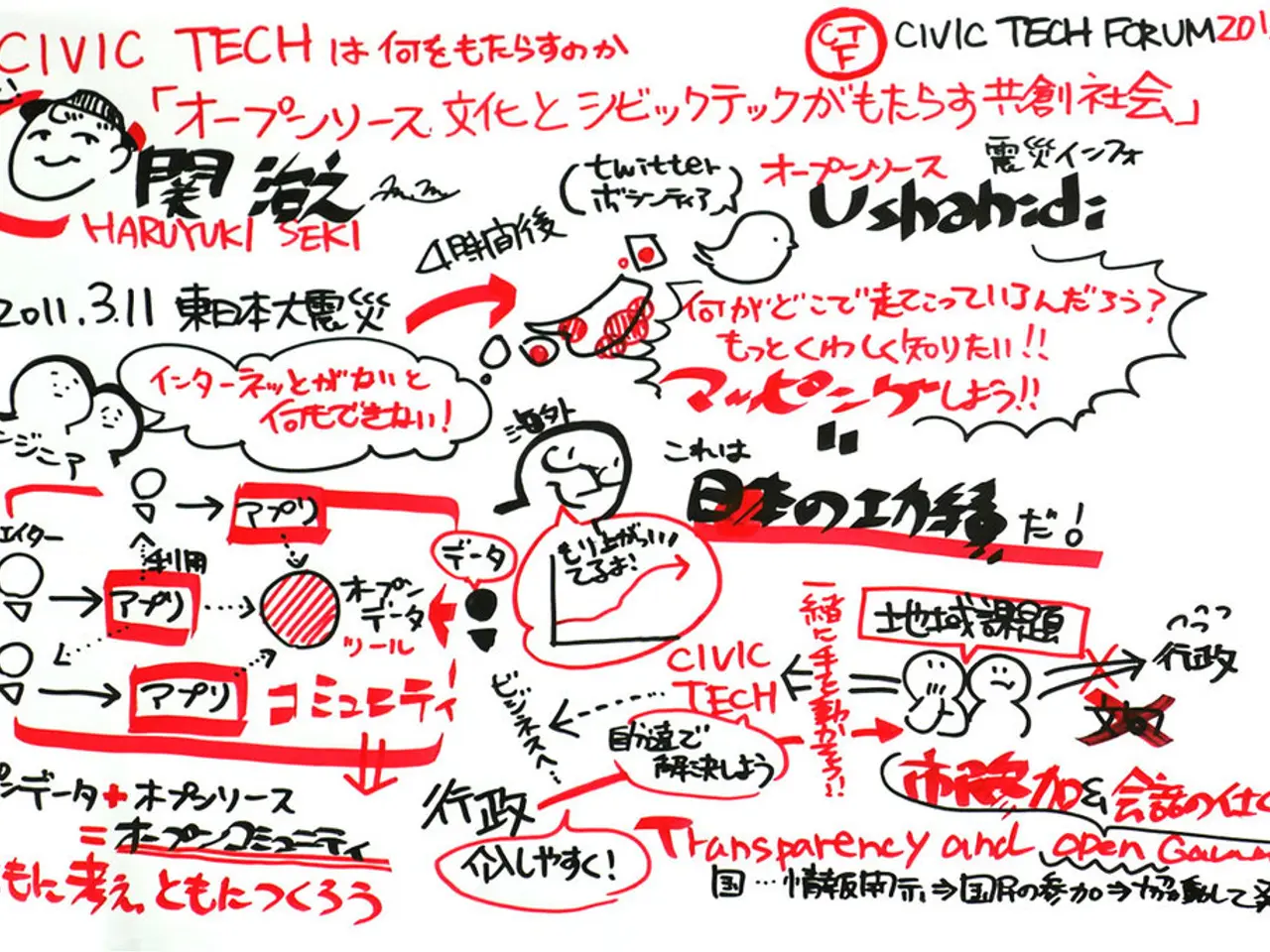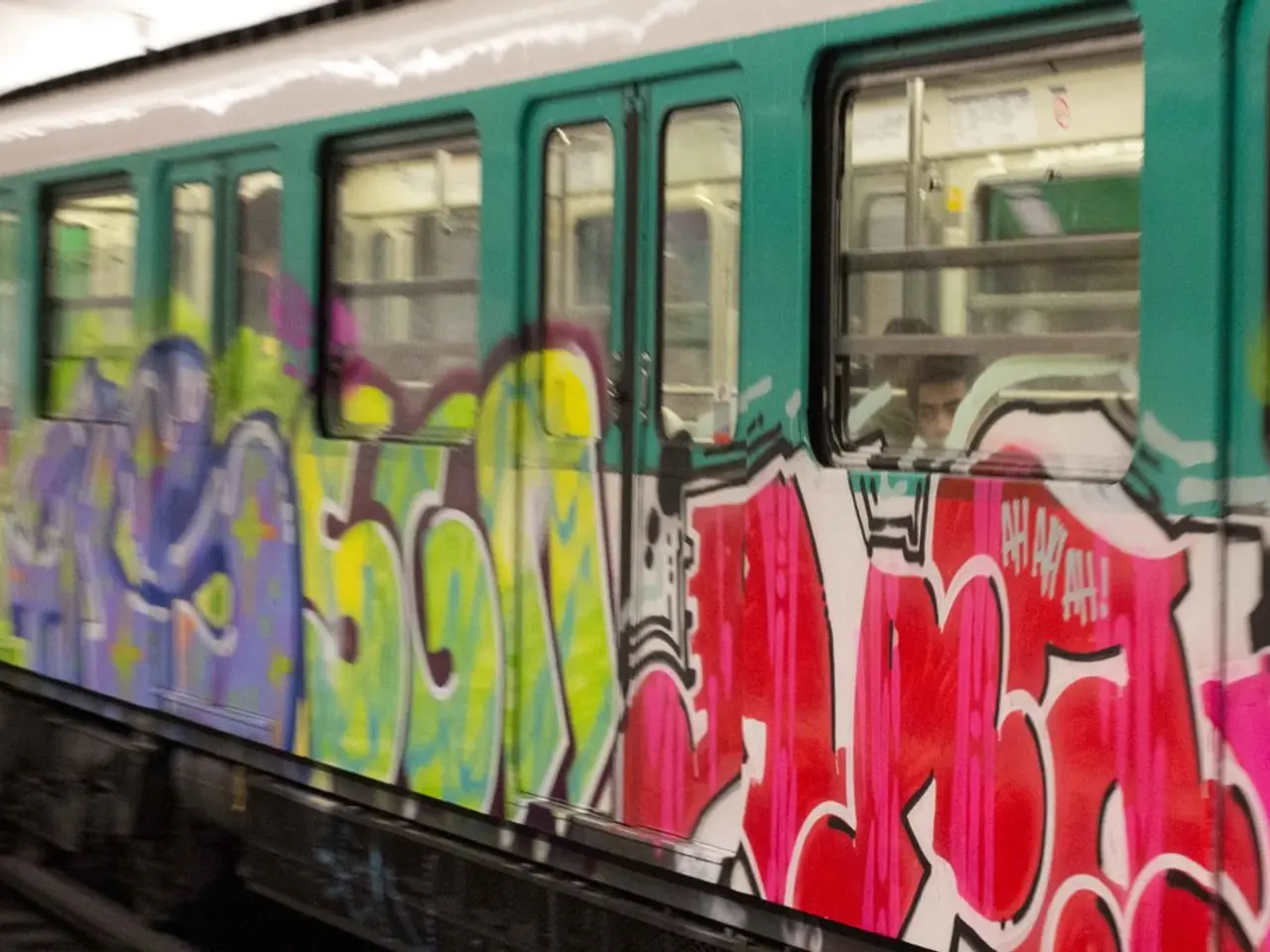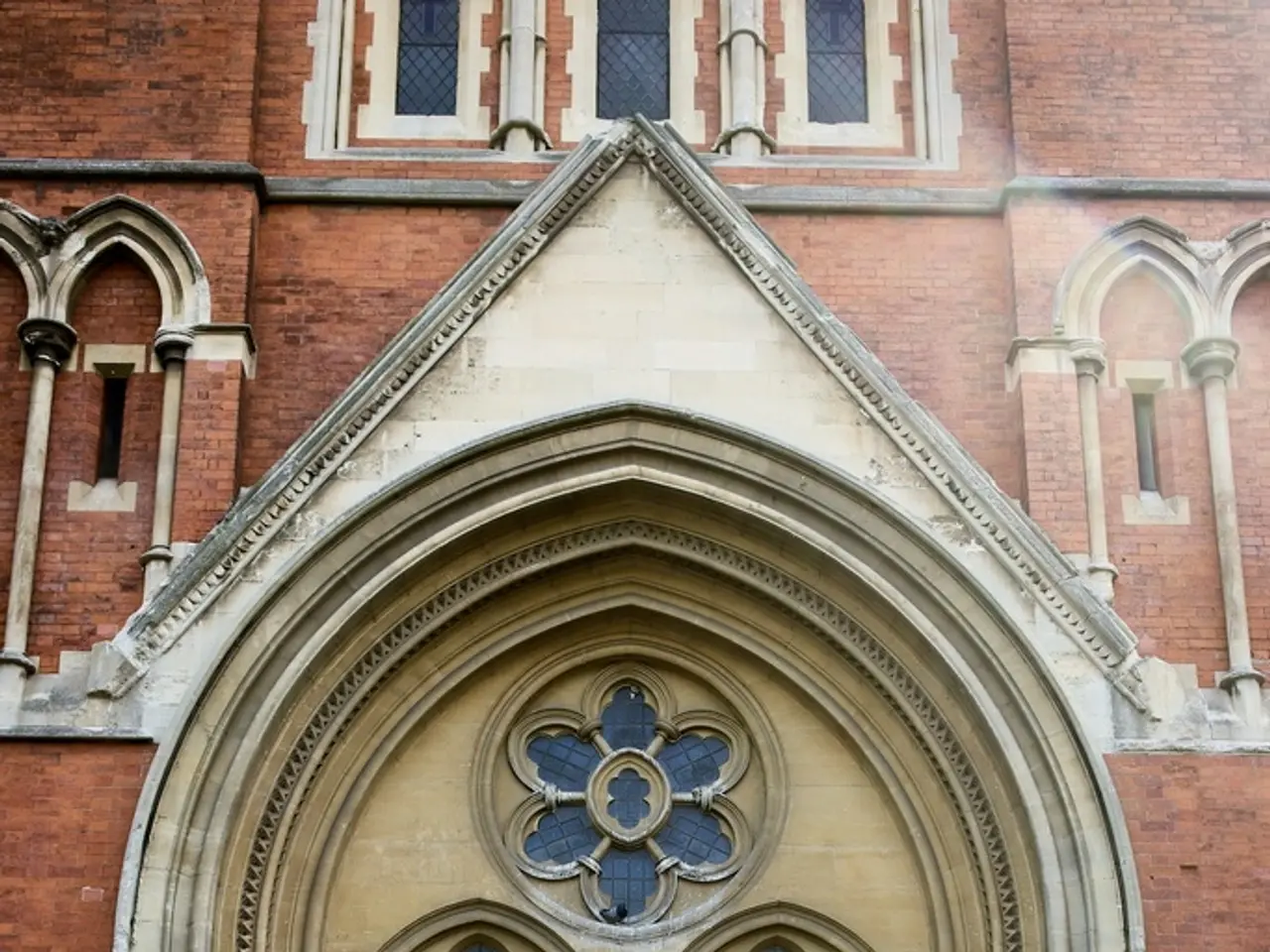Unveiling New Talent and Passionate Rhymes: Highlighting Emerging Artists and Hidden Gems in Modern Rap Culture!
The rap music industry is evolving, with pioneers, established artists, and initiatives taking significant steps to promote diversity and inclusivity. By embracing a kaleidoscope of voices and narratives, rap music is becoming a platform for artistic innovation and social equity.
One crucial strategy is **diversifying leadership and representation**. Organizations like The Recording Academy are broadening their membership base, inviting thousands of new members who are women, people of color, and younger professionals. This diversification strengthens decision-making and voting power, creating a more inclusive environment that reflects rap’s diverse community[1].
Another approach is **collaborating with authentic Black creators**. Partnerships with Black artists who bring their lived experiences and cultural perspectives enrich the music and its marketing, fostering genuine connections with Black audiences. Such collaboration helps avoid tokenism and ensures storytelling that resonates culturally, promoting inclusivity not only in music creation but also in promotional efforts[2].
Amplifying **underrepresented voices** is also essential. Initiatives like Chartmetric’s *Make Music Equal* shine a light on gender disparities and the limited visibility for women and gender-diverse artists in music, including rap. Promoting these artists and using data-driven strategies to ensure balanced representation in playlists, rosters, and award recognitions helps create a more equitable industry[3].
**Consistent support for emerging diverse talent** is another key element. Established artists and industry initiatives can invest in and spotlight emerging rappers from diverse backgrounds, including women, LGBTQ+ artists, and people of different ethnicities. This includes mentorship, featuring diverse acts in major festivals, and creating opportunities beyond just Black History Month or isolated events, signalling a year-round commitment to inclusivity[5].
**Community-focused collaborations and inclusive marketing** also play a vital role. Industry collaborations that emphasize inclusivity build goodwill within communities. Inclusive campaigns and partnerships foster a culture that welcomes all voices, expanding rap’s reach and impact while nurturing diverse cultural expression[4].
Artists can use their influence to speak out against discrimination within the entertainment industry, supporting emerging talent, and advocating for inclusivity. By standing together against prejudice and inequality, they can advocate for a more inclusive future in the rap music industry, making it a beacon of unity amidst societal divisions[6].
By embracing diverse voices and narratives, the rap music scene can become an authentic and all-encompassing space that mirrors society's vibrant mosaic of experiences[7]. These actions by pioneers, artists, and initiatives are shaping a rap music industry that is more reflective of its diverse roots and audience, promoting both artistic innovation and social equity.
[1] The Recording Academy Expands Membership, Diversifying Decision-Making Power, Billboard, 2020. [2] The Importance of Authentic Black Collaboration in Music, Okayplayer, 2020. [3] Chartmetric’s Make Music Equal Initiative Highlights Gender Disparities in Music, Variety, 2020. [4] Inclusive Marketing: Building Goodwill and Expanding Reach, Forbes, 2020. [5] Supporting Emerging Diverse Talent: A Year-Round Commitment to Inclusivity, Medium, 2020. [6] Artists Speak Out Against Discrimination in the Entertainment Industry, Rolling Stone, 2020. [7] Embracing Diverse Voices and Narratives in Rap Music, The Guardian, 2020.
- Fashion-and-beauty brands can collaborate with rap artists to develop clothing lines and makeup collections that reflect the diverse community in rap music, promoting cultural sensitivity and inclusivity.
- Social media platforms can use algorithms that prioritize content from diverse rap artists to promote a wider variety of voices and perspectives in pop-culture conversations.
- Entertainment journalists can focus on highlighting the achievements and struggles of underrepresented rappers, raising their visibility and shedding light on the importance of promoting inclusivity in the music industry.
